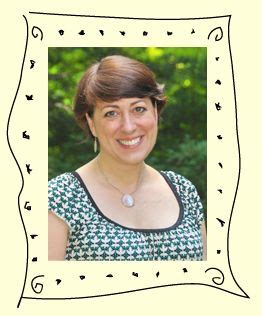A Quote by Lee Isaac Chung
I always loved Flannery O'Conner, and how she's not trying to create sympathetic characters.
Quote Topics
Related Quotes
When we make films - even 2D films - you're always trying to create this illusion of 3D, anyway. You're trying to create a believable world with characters walking, in and out of the perspective, to create the illusion that there's a world. The desire and drive to create this illusion of three-dimensional space is something that is true about every kind of film because you want the audience to really be experiencing it, first hand. It's a natural extension of the storytelling and the process of filmmaking.
Mysteries always have the potential for interesting connections between the elements. I'm also most interested in the relationship between the characters. As in 'Masterpiece,' I'm trying to create characters who not only are solving a mystery but are solving the riddle of their own personal relationships.
Mahlia... understood Doctor Mahfouz and his blind rush into the village. He wasn't trying to change them. He wasn't trying to save anyone. He was just trying to not be part of the sickness. Mahlia had thought he was stupid for walking straight into death, but now, as she lay against the pillar, she saw it differently. She thought she'd been surviving. She thought that she'd been fighting for herself. But all she'd done was create more killing, and in the end it had all led to this moment, where they bargained with a demon ... not for their lives, but for their souls



































